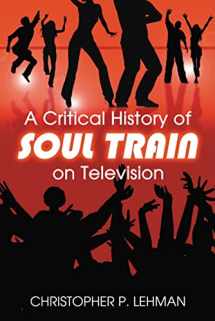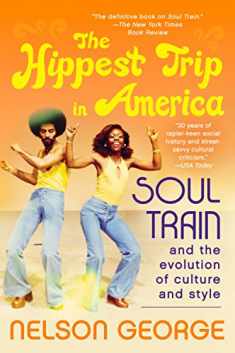
A Critical History of Soul Train on Television
Book details
Summary
Description
As a wildly popular local dance show, Soul Train provided a venue for Chicago's soul singers and political activists and gave African American teenagers their first significant chance to see and identify with their peers on television. The subsequent national series garnered even more popularity, establishing producer and host Don Cornelius as one of the most successful pioneers of African American television production. This work discusses Cornelius's role in the evolution of his groundbreaking series from a small, all-black 1970s television show to a lucrative brand name applying not only to the program, but also to awards and various merchandise in the present day.
The first two chapters focus on Cornelius's years in Chicago and the initial launching of Soul Train in 1970. The next two chapters explore how the nationally televised, California-based version of the show rose steadily in both popularity and cultural influence among primarily African American viewers, and how Cornelius himself became a rising celebrity during that time. The final chapters illustrate Cornelius's efforts in branching out beyond the dance show through various music-related business ventures, including the Soul Train Music Awards. The work includes interviews with several former cast members and guests, along with a complete chronology of the series and Cornelius's other professional ventures.


We would LOVE it if you could help us and other readers by reviewing the book
Book review




